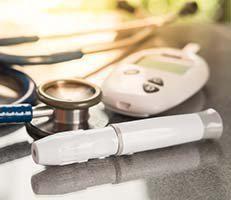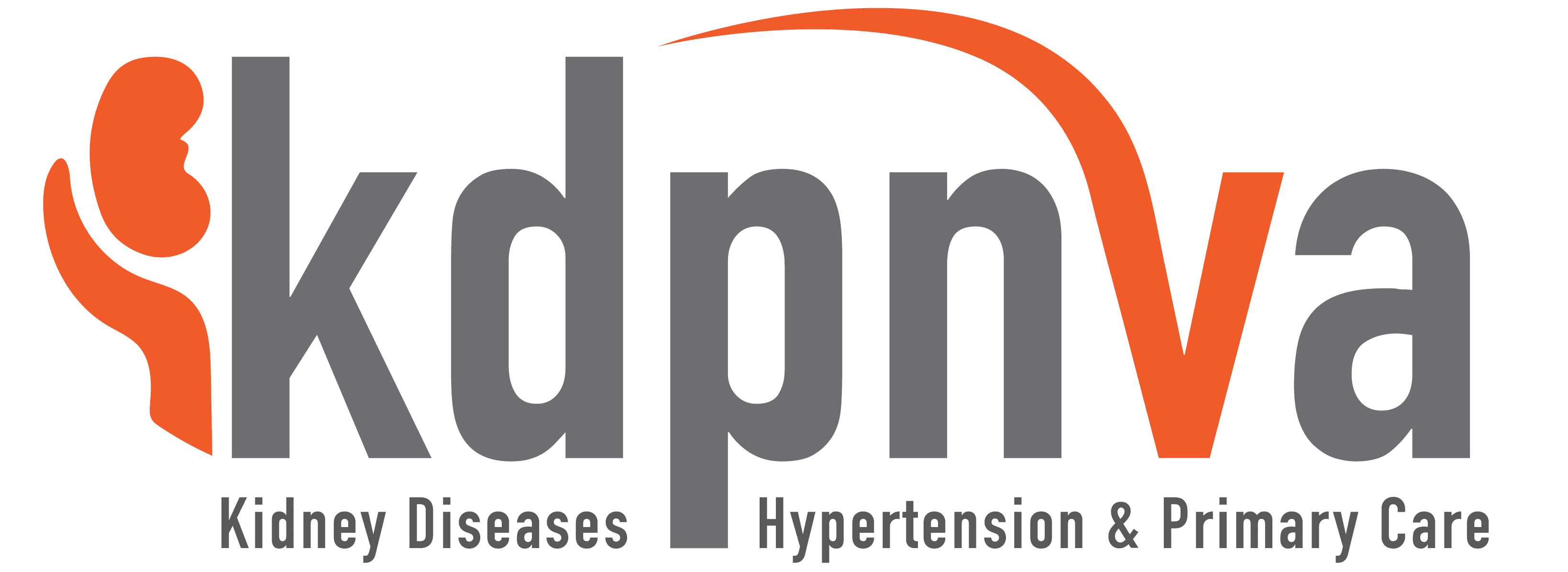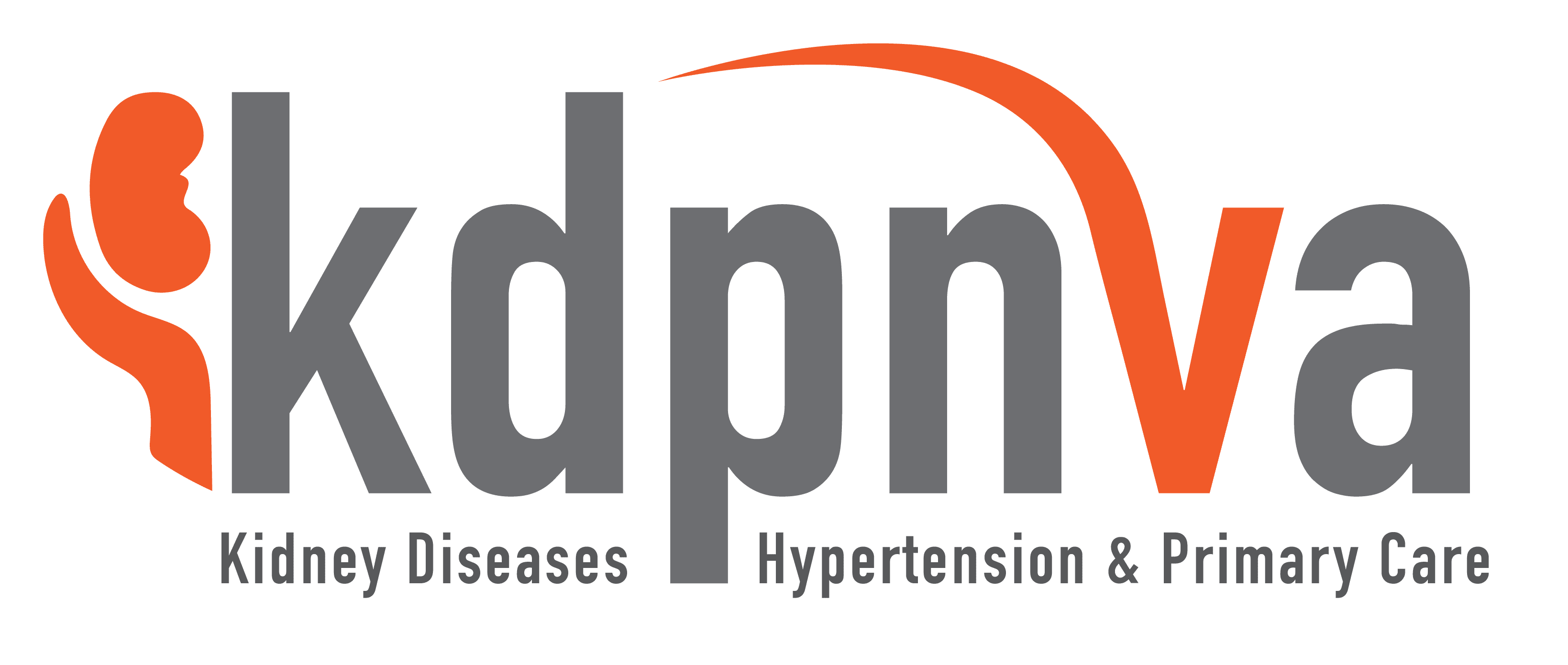What is diabetes?
Diabetes is a chronic disease that develops when your body either doesn’t make enough insulin or can’t use the insulin it produces. When either situation occurs, you end up with too much blood sugar remaining in your bloodstream. Over time, excess glucose results in serious health problems, including heart disease, vision loss, and kidney disease.
The most common types of diabetes are:
Type 1
The doctors at Kidney Diseases, Hypertension, & Primary Care diagnose you with type 1 diabetes when the pancreatic cells that make insulin get destroyed as your immune system attacks them. Type 1 diabetes requires you to take insulin every day.
Type 2
Type 2 diabetes is the most common type of diabetes and results from your body either not making or using insulin well.
Gestational
Gestational diabetes occurs during pregnancy and usually goes away after giving birth. However, your risk of developing type 2 diabetes increases if you get diagnosed with gestational diabetes.
How is diabetes diagnosed?
Some common symptoms of diabetes include:
-
-
- Excessive hunger, thirst, and urination
- Unexplained weight loss
- Tiredness
- Blurry vision
- Dry, itchy skin with slow-healing lacerations
- Tingling and numbness in your hands or feet
- Recurring infections
It’s vital to receive testing if you have a family history of diabetes, are considered obese, or are over the age of 45, as these are all contributing factors.
There are three tests the doctors at Kidney Diseases, Hypertension, & Primary Care use to diagnose diabetes, including a:
Fasting blood sugar test
Fasting blood sugar tests are taken after you refrain from eating and drinking for eight hours.
Oral glucose tolerance test
Oral glucose tolerance tests require you to drink a syrupy sweet liquid. Your blood then gets taken at specific intervals.
Random blood sugar test
Random blood sugar tests get done any time of the day, regardless of when you last ate, and measure the level of glucose in your blood.
How is diabetes treated?
Diabetes does not have a cure. Therefore, the goal is to manage the disease by:
-
-
- Eating a healthy diet
- Exercising regularly
- Taking any prescribed medication as directed
- Monitoring your glucose and blood pressure levels
Whether you’re looking to implement practical, real-life changes that can cut your risk of developing diabetes or need help managing the disease, call or make an appointment online today at Kidney Diseases, Hypertension, & Primary Care in Arlington, Virginia.


